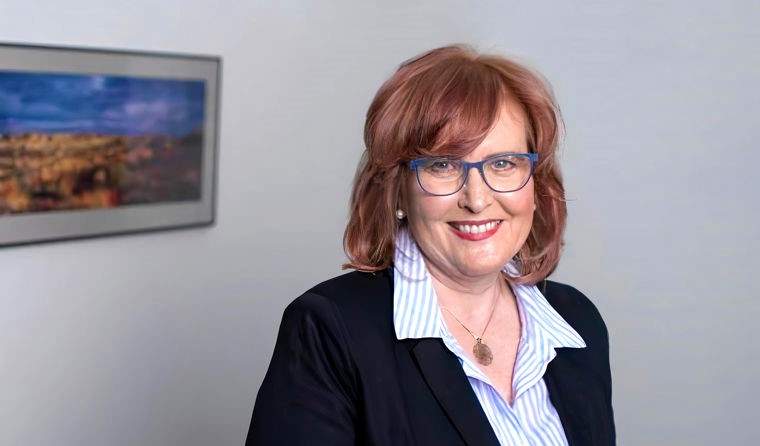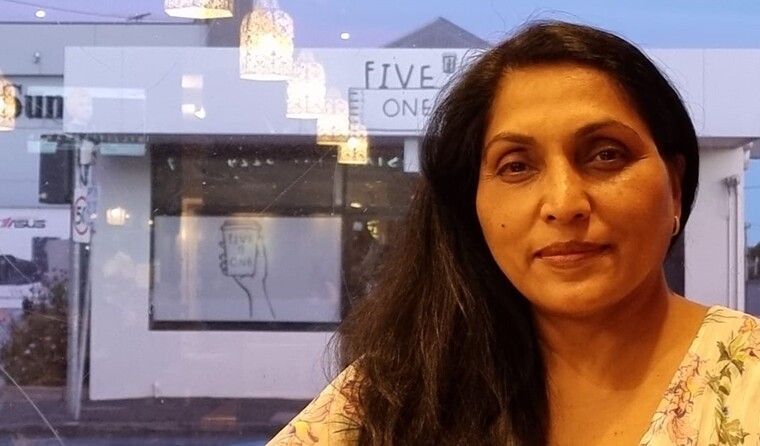News
‘We need to act now’: GPs call for action on equality this IWD
With the pandemic further highlighting ongoing and persistent inequality, GPs say this year’s International Women’s Day theme – #BreaktheBias – could not be more timely.
 Diversity is a key part of achieving gender equality and breaking the bias.
Diversity is a key part of achieving gender equality and breaking the bias.
Despite recent progress, gender inequality continues to be a pervasive and damaging issue in society, notably demonstrated by the disproportionate impact on women that the COVID-19 pandemic has had.
According to a report published by the International Federation of Red Cross and Red Crescent Societies, women bore the brunt of the social and economic burden of COVID-19 in 82% of countries surveyed, ranging from extra caring responsibilities to loss of income.
The trend has also been present in Australia, where women lost more jobs – almost 8% compared to 4% for men – took on more unpaid work, including supervising children learning remotely, and were less likely to get government support, research by the Grattan Institute revealed.
As community leaders, GPs can sometimes be perceived as not being impacted as much by discrimination as other sections of society.
But RACGP President Dr Karen Price says women working in healthcare are not immune from prejudice, which can be heightened by prevailing attitudes in the industry.
‘I’ve heard of cases where female anaesthetists will not say “I need to go now because I’ve got to go and pick up the kids”; instead, they say “I’ve got to finish at this time because I’ve got another list”,’ Dr Price told newsGP.
‘There’s the stigma that you’re not serious at work because you’ve got other jobs – which is nonsense.’
This perception, she says, is a broader issue across society.
And while there are an increasing number of women entering the general practice workforce and the emergence of technology such as Zoom has helped women to overcome some of the geographical issues to taking up leadership roles, Dr Price says outdated workplace policies do not go far enough to support and recognise the various other hats many wear – either as a carer to children, or elderly and sick relatives.
‘It shouldn’t be the responsibility of every small business to provide what a nationally taxpayer funded childcare or caring leave entitlement should provide because the caring economy returns an enormous benefit to the rest of the economy,’ Dr Price said.
‘We saw that when the Finnish women went on strike in 1975 and brought the country to a halt.
‘We can’t have individuals, or even small businesses, sacrificing their financial security when this returns so much to the general economy. But it’s never been included as a line item, and it should be.’
The theme for this year’s International Women’s Day – #BreakTheBias – is being embraced as a chance to not only celebrate women’s achievements, but to raise awareness against bias and to take action towards equality.
For Melbourne GP Dr Pallavi Sharma, one action needed to help break the bias is for people to acknowledge and support women in their domestic caring roles, otherwise she says they will continue to sacrifice their achievements outside the home.
‘We’ve become primary givers – and that’s why we are falling back on work distribution, income and family violence,’ she told newsGP.
‘If you’re not financially strong, you can’t put a strong foot ahead.’
Recognising this, Dr Price says the RACGP is advocating for greater entitlements for GP trainees with the transition to profession-led training in 2023, including the portability of entitlements from one practice to another.
‘We’re having to negotiate that now,’ she said.
‘It basically arose out of the lack of modernised policy regarding flexible working and provisions for care that reflect modern society – and we need them.’
 RACGP President Dr Karen Price believes having mentors and joining committees can help to empower women – but she says workplace policies need to be updated to support these efforts.
RACGP President Dr Karen Price believes having mentors and joining committees can help to empower women – but she says workplace policies need to be updated to support these efforts.
Meanwhile, another dimension to the equality conversation is diversity in representation.
Dr Sharma, who identifies as a woman of colour, says that despite her extensive experience as a GP, she still finds herself having to work harder to prove her worth.
‘I have to be extra good to prove myself even amongst the female GPs, let alone the male GPs,’ she said.
‘Just because we have all been offered a seat at the table doesn’t mean that we will be served the same meal at the same time.’
Dr Sharma says it is through diverse representation – whether it be women from culturally and linguistically diverse communities, through to people who are transgender or those living with special needs – that stereotypes and biases are broken.
‘We need to have this diversity in the workplace so that we become acceptable and understanding of each other – and to value the differences, as everyone has their strengths and weaknesses,’ she said
‘That will prevent us from a tremendous backslide in health workforce, which is very likely to happen if we don’t act now.

Dr Pallavi Sharma says female GPs need more support to ensure they do not continue to sacrifice their achievements outside the home. (Image: Supplied)
‘We have been talking about all of these equity issues for ages and it’s been sitting on the shelf. What we need is a map outlining the plan, and we need to see where the finish line is.’
‘Finding your voice is important’
Despite having taken up a number of leadership roles throughout her career that helped her rise up the ranks to become President of the RACGP, as a young Fellow Dr Price struggled to find the confidence to speak up. And she is not alone.
‘One of the things that my study showed was that women weren’t always confident to speak up in medical meetings,’ she said. ‘Which is curious because many of them held leadership positions in high school and university.
‘There’s some self-silencing that goes on.’
Dr Price says having mentors – whether they be female GPs or male allies – is crucial, and encourages those interested to enquire about joining a college committee.
‘It’s really important to get familiar with how governance of a larger organisation works because GPs are often isolated,’ she said.
‘The college has lots of these roles, which are voluntary, flexible, and provide some insight into how committees work and on areas of great interest to GPs.’
Among the opportunities on offer is a new gender inclusive Rural Women in General Practice committee that aims to elevate, empower and encourage women working in rural practice.
‘This new committee will be open to GP members of the RACGP across Australia to join,’ Dr Price said.
‘Together, we will work to identify and meet the unique interests, challenges and needs of rural women GPs and empower them to reach their full professional capacity, and in turn supporting rural communities.’
Interested RACGP members are invited to attend an online member meet-up in April to find out more about the Rural Women in General Practice committee. To find out more about other committees, members are encouraged to contact their state faculty and RACGP Specific Interests.
Log in below to join the conversation.
Break the Bias childcare equality International Women's Day maternity leave
newsGP weekly poll
Health practitioners found guilty of sexual misconduct will soon have the finding permanently recorded on their public register record. Do you support this change?